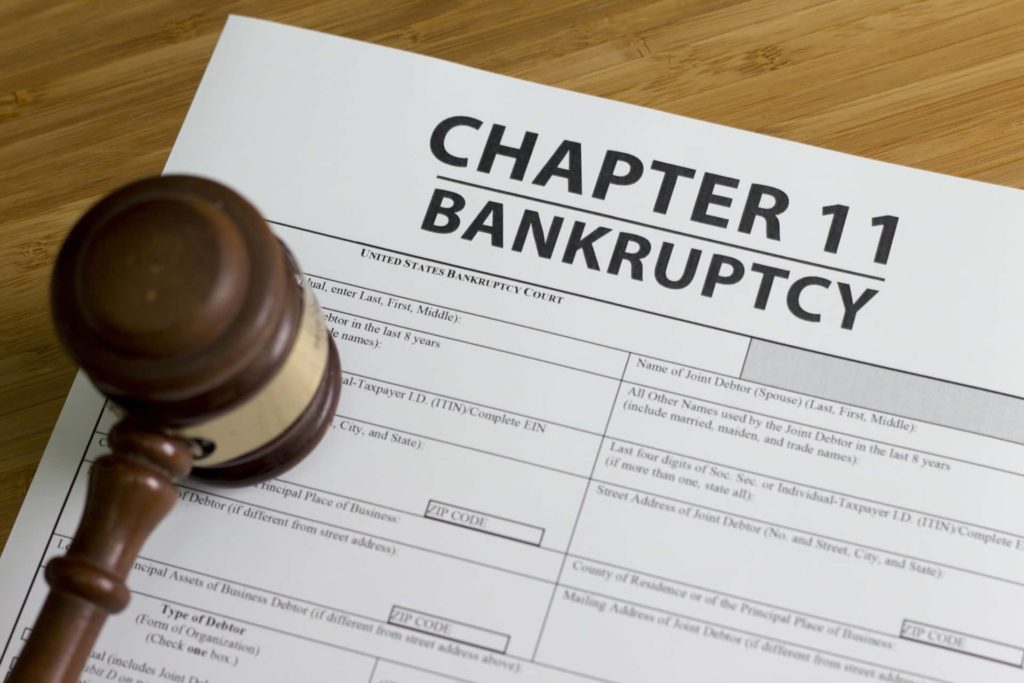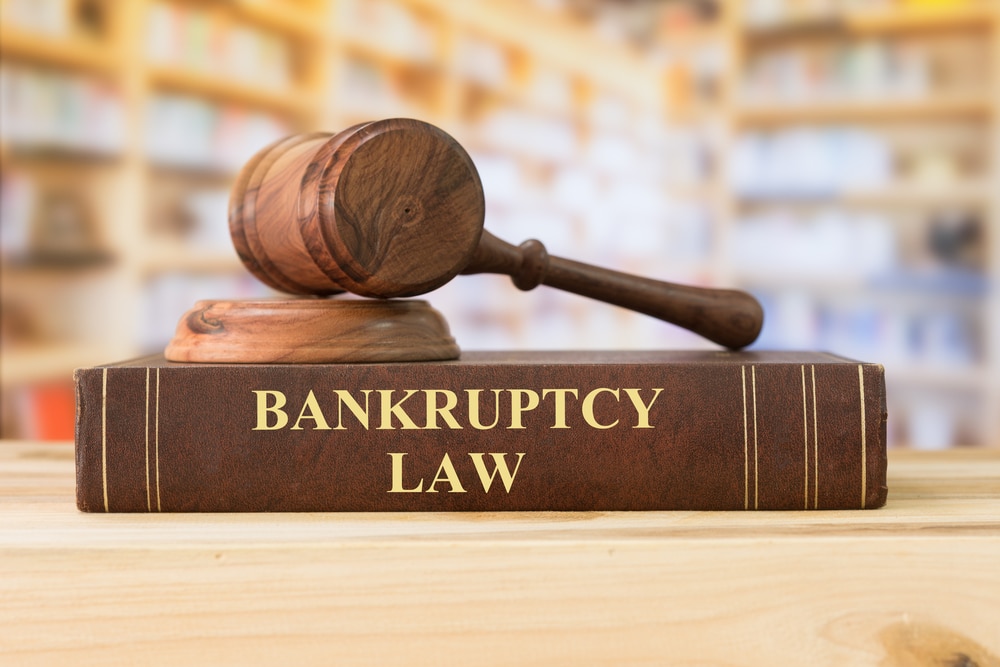What Small Businesses Need to Know About Filing for Bankruptcy in 2021

The Consolidated Appropriations Act of 2021 changed some provisions of the bankruptcy code that could affect small businesses in 2021. Other changes due to recent sunset provisions may affect small business eligibility for Chapter 11 Subchapter V filing going forward. It’s important to have a qualified bankruptcy attorney to help guide you through the process, and Natural State Law is an excellent resource.
The Differences Between Chapter 7 and Chapter 11 Bankruptcy for Businesses

There are key differences between Chapter 7 and Chapter 11 when it comes to business bankruptcy. Chapter 7 is known as a “liquidation” option and Chapter 11 attempts to reorganize the business by stabilizing its debts and operating expenses.
What Happens When a Business Files for Chapter 11 Bankruptcy?

Although Chapter 11 bankruptcy offers significant protections for struggling businesses, the resulting reorganization may not be worth the time, effort and money involved. It’s important to understand what actually happens through the filing to make sure it’s right for you and your business.
How Chapter 11’s Subchapter V Affects Commercial Bankruptcies

Subchapter V is a new addition to Chapter 11 of the bankruptcy code that helps expedite the overall bankruptcy process for certain small businesses. It can assist small businesses in a faster and more cost-effective reorganization.


